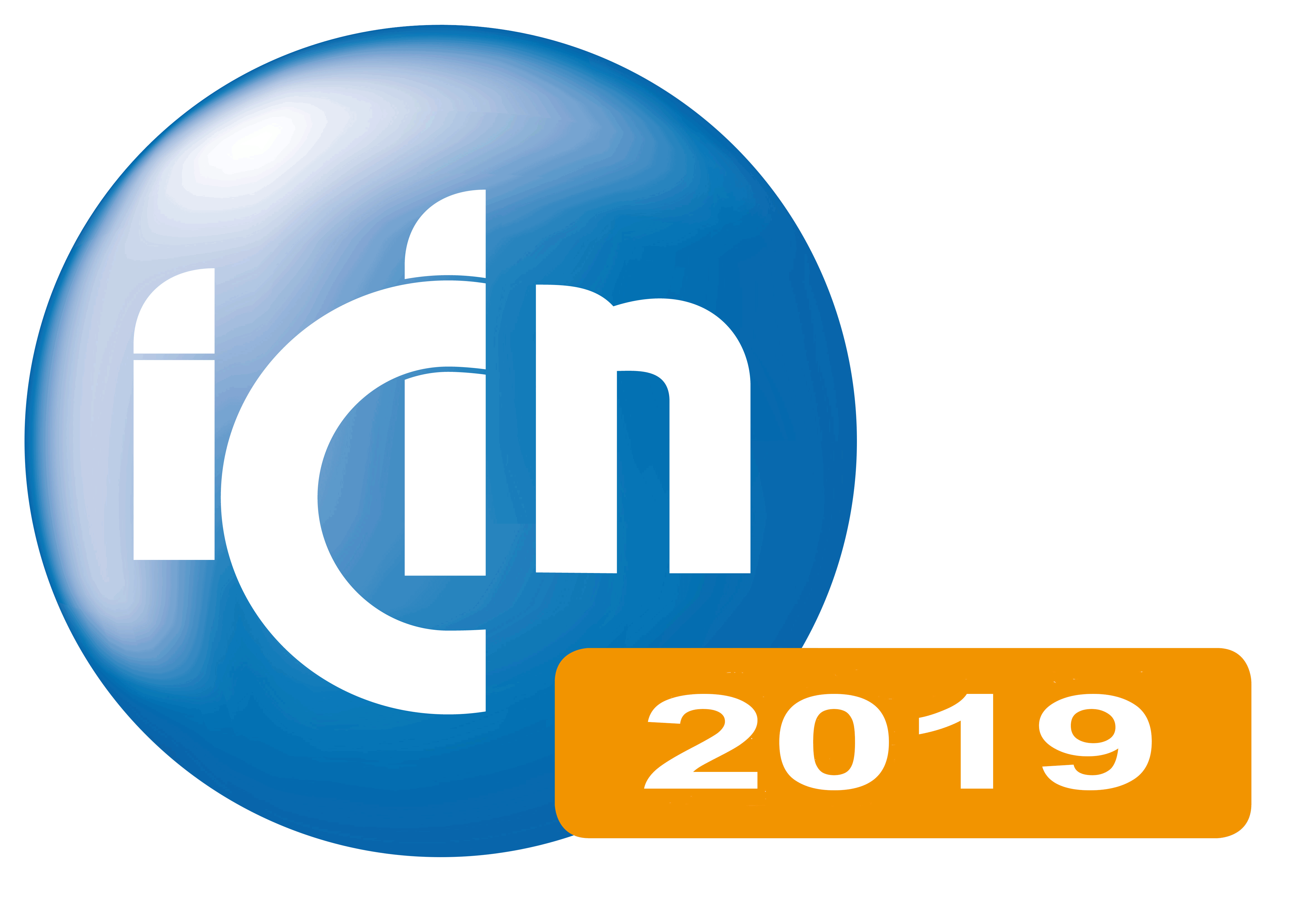
Abstract: The Intelligence for IoT, 0-TOuch and New Network panel is devoted to discussing crucial topics of the ICT evolution and in particular the communications ones. Intelligence in this context can assume the form of more programmability of resources and the introduction of Artificial Intelligence tools and functions in order to help in the execution and management of resources. Heterogeneous resources can aggregate in different ways for supporting the communications needs of different applications domains (e.g., slicing, access to specific functions and the service execution in different cloud environments). In addition, the importance of edge resources will pose relevant issues to management and dynamic aggregation into efficient infrastructures at the edge. IoT and New Network are large applications fields that will need intelligence and 0-Touch solutions for their successful implementation and large scale deployment towards high number of resource constrained devices, multiplicity of service requirements, and new connectivity paradigms.
A renowned group of experts will discuss these and more topics:

Biography: Roberto Minerva holds a Ph.D in Computer Science and Telecommunications from Telecom SudParis, France, and a Master Degree in Computer Science from Bari University, Italy. He was the Chairman of the IEEE IoT Initiative, an effort to nurture a technical community and to foster research in IoT. Roberto has been for several years in TIMLab, involved in activities on SDN/NFV, 5G, Big Data, architectures for IoT. Now he is a research engineer in Paris Sud Telecom and the Chief Technologist in Bitify.it, a startup aiming to drive the digitalization of businesses in several industries. He is authors of several papers published in international conferences, books and magazines. He has been an adjunct professor for three years at the Turin’s Polytechnic teaching a course on Mobile Services. He has given several invited speeches in Conferences and he held several classes at universities and Conferences.
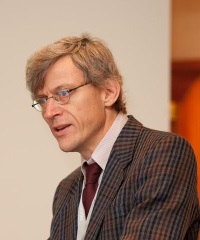
Biography: Rogier Noldus is principal solution architect at Ericsson Telecommunications. He has been actively involved in Intelligent Networks (IN) standardization and has driven the development of CAMEL within Ericsson. After the completion of the CAMEL standard, he has made a switch to IP multimedia system (IMS) and is now focusing on the integration of GSM/3G and IMS networks, including VoLTE and VoWifi, the evolution of IMS service architecture and the integration of Web Services. He holds a B.Sc. degree (electronics) from the Institute of Technology, Utrecht (Netherlands) and a M.Sc. degree (telecommunications) from Witwatersrand University, Johannesburg (South Africa). He joined Ericsson in 1996. Prior to that, Rogier started his career in South Africa, where he has worked for several companies, in the area of telecommunications. Rogier is (co)author of a number of books on IN and IMS and is a frequent presenter at conferences, as well the author of a large number of patents / patent applications in the area of IN, IMS, Fixed-mobile convergence and Network evolution.
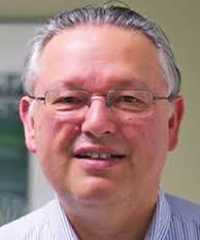
Biography: Dr. Adam T. Drobot is a technologist with management expertise and more than 40 years of experience with business, government, and academia. Today his activities include strate-gic consulting, start-ups, and participation in industry associations and government advisory bodies. Previously he was the President of the Applied Research and Government Business Units at Telcordia Technologies, and the company’s CTO from 2002 to 2010. Prior to that, Adam managed the Advanced Technology Group at Science Applications International Corporation (SAIC).
He also served as Senior Vice President for Science and Technology as part of his 27 years of service at SAIC from 1975 to 2002. He has published more than 100 journal articles, and is a frequent contributor to industry literature. He currently holds 21 patents. Adam is the 2007 recipient of IEEE’s Managerial Excellence Award. He holds a B.S. in Engineering Physics from Cornell University and a Ph.D. in Plasma Physics from the Uni- versity of Texas. He is currently a member of several corporate boards and the FCC Technology Advisory Council, and he chairs the TIA’s Board Technology Committee.
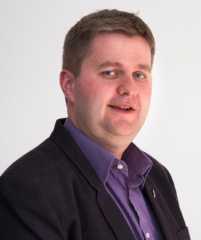
Biography: Christian Destré is currently leading the NFV/SDN orchestration technical studies of the Orange On-Demand Networks program, consolidating the NFV orchestration journey for Orange affiliates including the preparation for 5G network deployment. He was also involved in many research activities related to Autonomic Networking and network management for 10 years and was the technical manager of the EU FP7 UNIVERSELF project between 2010 and 2013.
He received a PhD degree (computer science) from Université d’Evry (France) in 2004.
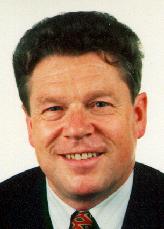
Biography: Professor Kuehn received the Dr.-Ing. and Dr.-Ing.habil degrees from the University of Stuttgart and headed a research group on communication networks before he joined Bell Laboratories in Holmdel NJ in
1977. He was appointed full professor first at the University of Siegen and the University of Stuttgart in
1982 for Communication Networks and Computer Engineering, where he headed the Institute IKR for 28
years. He is the Founding Dean of the Faculty IET at the German University in Cairo (GUC) since 2002,
member of the German National Academy Leopoldina, the Heidelberger Academy of Sciences and the
German Technical Academy acatech. Professor Kuehn was Co-Chair of the EU Research Project on
ATM from 1988-1994, Chairman of the German Research Society (DFG) Research Center Program on
Mobile Communication from 1993-1998, Head of the DFG Graduate College Doctoral Program from
1993-2002, and Vice-Chair of the DFG Collabotative Research Center NEXUS at the University of
Stuttgart from 2001 -2009. From 1991 to 2007 he was the Chairman of the Advisory Council of the
International Teletraffic Congress (ITC), from 1995 – 2000 Chairman of the Advisory Board of the
Center for Telematics and Information Technology (CTIT) at the University of Twente, NL, and since
2007 Chairman of the Advisory Board of the Institute of Information System Design (ITeG) at the
University of Kassel, Germany. He published more than 150 technical papers and has been repeatedly
Co-Editor of Special Issues of the IEEE Journal JSAC, the European Transactions on
Telecommunications and AEÜ. He received the Chevallier Ordre Palmes Academiques from French
Government for international science exchange, the Christo Columbus Gold Medal from the City of
Genova for his contributions to Telecommunications, the Eduard-Rhein Price for pioneering work in
Teletraffic Theory and Packet Switching, and the Arne-Jensen Lifetime Achievement Award of the ITC.
He was awarded Dr.h.c. from the Lund Institute of Technology (Sweden) and Dr.-Ing.E.h. from the
Technical University of Dresden, Germany. He is a Life Fellow of IEEE, Fellow of the German
Information Technology Society (ITG), and Honorary Member of the German Electrotechnical Society
(VDE).
His current research activities are on stochastic performance modeling and traffic engineering for
communication network protocols and service integration, wireless access networks and the Future
Internet core with applications to IoT, Cyber Physical Systems, and for energy efficient operation.
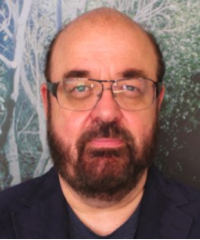
Biography: Alex Galis is a Professor in Networked and Service Systems at University College London (UCL). His current interests are on 5G networking, software defined infrastructure and services, network and cloud programmability and management. He has co-authored more than 280 publications in the future Internet areas: networks and services, management, networking clouds, virtualization and programmability including 10 research books. He has contributed to ITU-T standards on Future Networks and 5G Networks and he has worked on IETF drafts in Autonomic networking and network slicing. He has been a co-principal investigator at UCL on a number of EU research projects with a total UCL budget of more than 10 M£, including overall technical leadership of the MISA - Management of IP networks, FAIN - programmable networks, CONTEXT - context aware networking, AUTONOMIC INTERNET - autonomic network and NECOS - Novel Enablers for Cloud Slicing projects. He was a member of the Steering Group of the Future Internet Assembly (FIA) and he led the Management and Service–aware Networking Architecture (MANA) working group at FIA. He acted as PTC/ keynotes/ panels/ workshops co-chair of 14 IEEE conferences including TPC co-chair of 1st IEEE Network Softwarization 2015 (NetSoft 2015, hosted by UCL in London) and reviewer in more than 100 IEEE conferences and journals. He is a co-editor of IEEE JSAC series on Network Softwarization and Enablers, ETRI Journal published by Wiley and of the IEEE Communications Magazine feature topic on Advances in Networking Software. He is an International Academy, Research, and Industry Association (IARIA) Fellow (2011, https://www.iaria.org/fellows.html). He was selected as a Vice Chair of the ITU-T SG13 Group on Future Networking. He is involved in IEEE SDN initiative including co-chairing of the IEEE SDN publication committee.